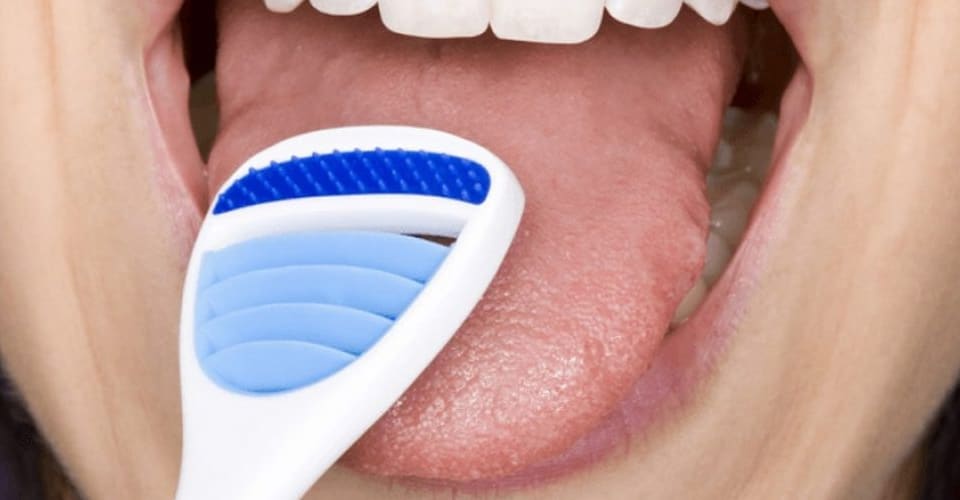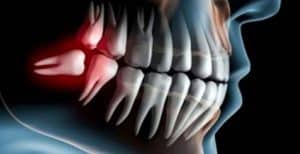When most of us were growing up, brushing our tongues was a habit drilled into us by our parents. They told us (in simpler terms) that doing this would keep our tongues clear of the invisible layer of food particles, bacteria and mucus responsible for that awful ‘bad breath’ smell.
They weren’t wrong, and you can look forward to good breath by brushing your tongue, but this doesn’t mean your tongue doesn’t need more attention or that the coast is clear. This is why it’s important to make regular tongue checks a part of your daily oral routine.
Check your tongue daily for the following symptoms, and consult your doctor should they not disappear in two weeks or if they start causing discomfort or pain:
- WHITE PATCHES – the most common cause of tongue pale patches is oral thrush – an innocent and easy to treat condition mostly experienced by babies or elderly denture wearers. It’s usually cleared up quickly with topical antifungal medication, and will not cause serious harm unless left unchecked for a long period.
- BRIGHT REDNESS – If you see this and you haven’t been eating something that could have caused it, it could indicate a Folic Acid/Vitamin B-12 deficiency. If the redness is accompanied by fever, get to your doctor right away as it could be Scarlet Fever (in Adults) or Kawasaki Disease (in children under 5 years of age).
- PAINFUL BUMPS – Have you recently scraped your tongue on a sharp food? Are you prone to developing ulcers when stressed? Do you smoke? These three culprits are usually to blame for sore, tongue bumps and only in very rare cases is it a sign of tongue cancer. As usual, monitoring the area for a change in shape, size or colour will indicate when a doctor’s visit is in order.
Our tongues are one of the busiest muscles in our bodies – involved in our breathing, speaking, eating and drinking. It’s important to remember that any unusual patterns are likely to be nothing and that by knowing what is ‘normal’ for you, you’ll be able to make the decision when to seek professional help.












